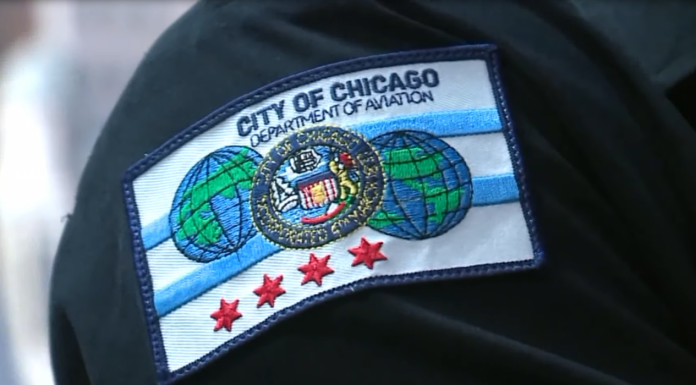Nearly 20,000 fraudulent driver’s licenses have been seized by federal border protection authorities this year—and that’s just in Chicago.
The U.S. Customs and Border Protection announced on Monday that agents at the International Mail Facility at Chicago’s O’Hare International Airport have confiscated 19,888 counterfeit U.S. driver’s licenses from Jan. 1 to June 30.
The seizures occurred across 1,513 different shipments mostly from China and Hong Kong, though other shipments came from Great Britain and South Korea.
“These counterfeit driver’s licenses can lead to disastrous consequences,” said Ralph Piccirilli, CBP’s acting Chicago Port Director, in a statement.
“Criminal organizations use these counterfeit IDs to avoid attracting attention to their illegal activities,” Piccirilli said. “Our CBP officers were able to identify these very realistic counterfeits and stop them from reaching their destinations.”
Fake driver’s licenses are also sought by illegal immigrant communities and further pose voter fraud risks.
There’s no way to know how many bogus ID documents are circulating throughout the country or may have slipped past O’Hare airport authorities, but the details regarding the recent seizures show certain patterns.
According to CBP, the licenses were created for a broad spectrum of people across multiple states. Many licenses depicted photos and birth dates of young, minority and mostly male adults. Others had the same picture but different biographical information.
The fake Michigan driver’s licenses had functional bar codes, authorities said.
The CPB statement reiterated the dangers of fraudulent licenses, which include identity theft, worksite enforcement, critical infrastructure protection, fraud linked to immigration-related crimes, human smuggling and human trafficking.
They’re also prerequisites for “individuals associated with terrorism,” authorities said, because fake IDs minimize normal scrutiny and undermine travel screening measures.
CBP is housed within the U.S. Department of Homeland Security, and its agents conduct periodic inspections at 328 international ports of entry.
In addition to fraudulent identity documents, agents commonly seize illegal narcotics, weapons, currency, agriculture products and other counterfeit items.

